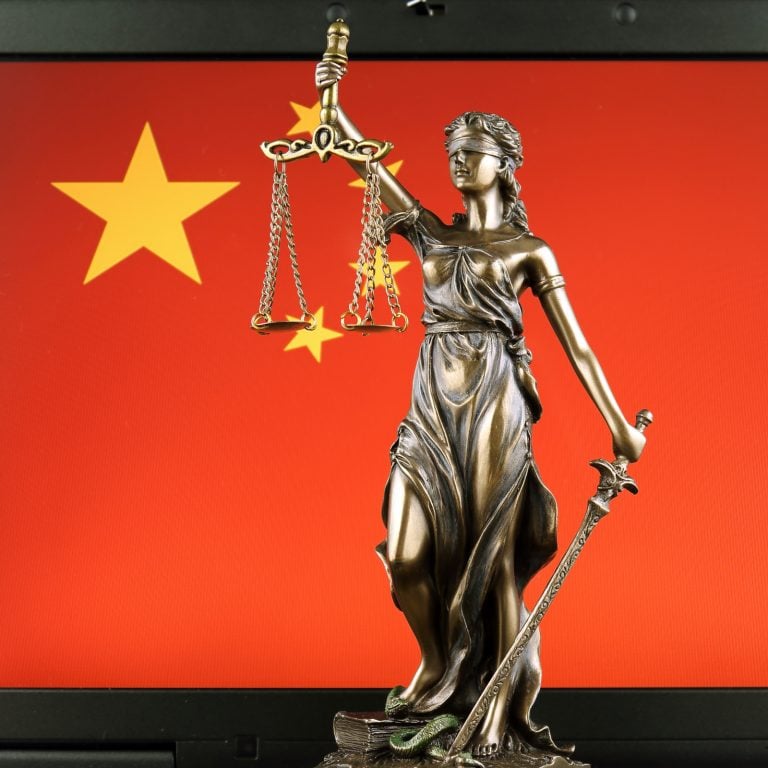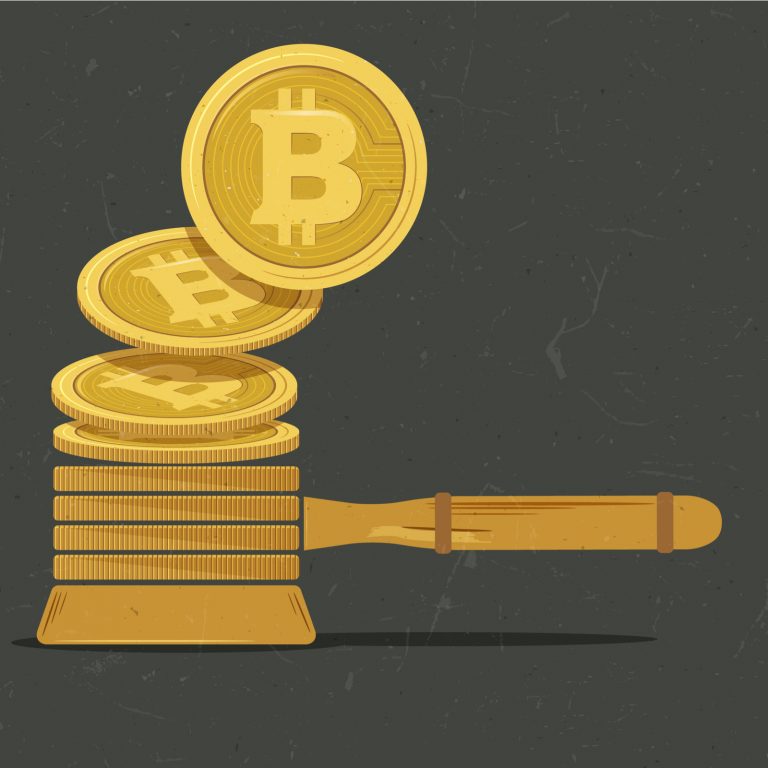2018-11-7 09:50 |
A Court of Arbitration based in Shenzhen, China has given a verdict to the surprise of a number of naysayers that cryptocurrency is vehemently backed by the country’s law.
The Shenzhen International Court based in southern China set a legal precedent earlier on Tuesday declaring that cryptocurrency should henceforth be considered a legal asset recognized under the Chinese legal system. The decision came on the heels of certain misappropriated cryptocurrency which hitherto had been regarded as a legal tender.
However, the judge ruled in what is apparently an important legal precedent that any Chinese company engaged in a civil dispute over the legality of cryptocurrency will have its case thrown out. Hence, companies and individuals using the virtual currency for transacting business are backed by law and the currency is recognized as having economic value as both a property and an asset.
The Case In FocusThe legal battle which resulted in the verdict involved three companies, A, B, C and D. Company A owns B, and having agreed to sell off about 5 percent of its shares to company C, a value that translates to 550,000 Yuan.
Part of the terms of between A and C after the latter paid the first installment of 250,000 yuan was that company C was going to complete the remainder of the payment with cryptocurrency using the turnover accruing from managing the digital currency on behalf of company D.
Meanwhile, company C received the cryptocurrency from D on the condition that C would return the money to D, and deploy the use the proceeds therefrom to complete the deal with A.
However, company C failed to honor the agreement it made with A by refusing to complete the payment of the second tranche of the buy-out stakes.
Consequently, companies A and D filed a legal suit against C for reneging on its deal, and so demanded that C pay damages to the tone of 20.13 Bitcoin, 50 Bitcoin Cash, and 12.66 Bitcoin Diamond. The actual currency value of the cryptocurrency is said to be circa $493,000 in sum.
Meanwhile, C agreed to have failed to fulfill its own part of the deal, but disagreed on the use of digital currency to pay back what was actually agreed in conventional currency. C claimed that the contract was invalid, citing a Chinese monetary law that came into force in September 2017 which emphasizes the seeming illegality of transferring digital assets in any way.
The law also sanctions the act of raising money with an initial coin offering. C insists that since the new law does not permit the use of digital asset, then the earlier contract signed remains invalid.
However, the court in her wisdom ruled that as far as the contract was signed with the full consent and knowledge of both companies C and A, the parties signaled both interest and intention to honor it regardless of what any subsequent state law would stipulate. Thus, the court insists that the contract is valid and legally binding on both C and A.
In the ruling the judge admits that company had violated the intent of the contract and also showed some lack of moral probity by violating the ‘principle of honesty’.
The unprecedented ruling has been considered by Qi Aimin of Guangxi University as the first of its kind, becoming the first law to validate and legalize Bitcoin and contracts done with it. By that, cryptocurrency has now become legal but should not be circulated in the economy as a fiat money.
However, the law permits that private parties, transactions and contracts can be carried out using the digital asset. Beyond this positive development for the crypto industry in China, the court also says that cryptocurrency should be considered as a recognized legal asset that is protected as private property under the country’s new law.
Should Company C Compensate B?Predicating its argument on the logicality of the new law, company B insists that it will receive huge some from company C for failing to honor the terms of the contract.
In the first place, B says that the new law has validated Bitcoin having legalized it and has it backed as property under the law; secondly, that C refuses to transfer the digital coins so as not to break the law; and thirdly, that the value of cryptocurrency is generally denominated in US dollars.
Based on these premises, B demands that C should pay the remaining balance of the initial agreement in US dollars.
However, company C argues to the effect that since the virtual currency has neither legal pricing method nor trading venue, B is unreasonable in its demand.
In this regard, the court did rule that by consenting to the original contract, C showed knowledge of the economic worth of Bitcoin, and so has to recognize it and honor the contract.
However, the court ruled in favor of company C that it should not pay any interest on the remaining balance since Bitcoin has never been a fiat money recognized by monetary authorities and policy of the Chinese government.
origin »Global Cryptocurrency (GCC) на Currencies.ru
|
|











